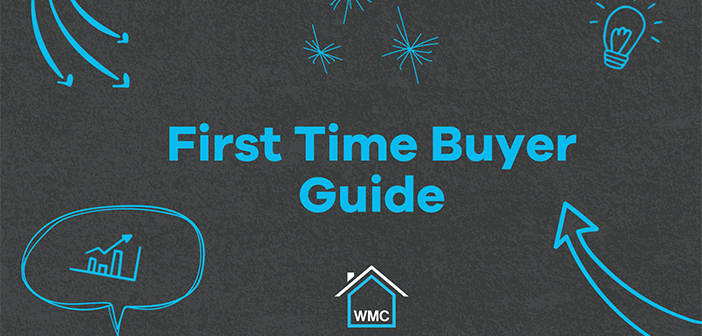BUYING a house and getting a mortgage is both stressful and confusing to many first time buyers. The main question we get asked all the time is, where do I start?
The tricky bit is saving, the more you can put away, the better your chance of getting on the property ladder. Open up a savings account and use the money you’d spend on things such as night outs and your daily coffee at Starbucks towards your deposit.
When you apply for a mortgage, lenders carry out an affordability assessment to check you can afford the repayments. Part of this involves the lender looking through your bank statements to see what you spend your income on… so yes the rumors on TikTok are true, the underwriter will see if you’re putting ‘ drug run’ as your payment reference.
Your credit history also provides a detailed record of your financials over a longer period of time, from borrowing and paying off loans, to taking out a phone contract and getting a credit card. The credit check is used by lenders to assess how likely you are to repay your mortgage.
As a broker, we want to help you figure out how much you can afford to borrow and repay. Mortgage lenders usually lend up to four-and-a-half times the total annual income of you and any joint buyer. For example, if your total household income is £50,000 a year, you might be offered a mortgage up to £200,000. Remember that, while you may need it, you don’t have to borrow the maximum amount available to you.
An agreement in principle is what your broker will secure for you. This is the loan offer without any firm conditions attached – which means you can get an idea of how much you can borrow. Most estate agents will ask for this before viewing or putting in an offer on a house. In order to get an agreement in principle, you will need to send your broker all the documents they ask for which can include:
- Photo ID (passport or driver’s license)
- Three to six months’ bank statements
- Three months’ payslips and/or P60
and if your self-employed we’ll ask for things like:
- Two years’ self-assessment tax return forms
- Tax year overviews from HMRC
- At least two years’ certified accounts
So it’s really helpful to prep these documents before speaking to your broker.
As a broker, we’ll research the different types of mortgage, so you can understand your options, the types of mortgages available to you. During this process you will also need to think about your mortgage term… how long do you want your mortgage for? The longer the term, the lower your monthly payments will be but the higher the total amount of interest you’ll pay overall.
We’ll search the entire mortgage market to find you a better deal on your existing circumstances, or guide you through your first purchase.
You can’t make a full mortgage application until you have found a property to buy and had your offer accepted by the seller. Once you’re at this stage you can submit your mortgage application via your broker (or directly). The lender might ask for additional paperwork so be ready to answer any queries quickly.
The lender will also carry out a valuation of the property to check it’s worth the purchase price.
When the lender is happy with your application, it will make a formal mortgage offer. You need the mortgage offer to move forward with your purchase.
When you have your mortgage offer and the conveyancing work is complete, your solicitor can exchange contracts with the seller.
They will then arrange for your mortgage funds to be transferred from your mortgage lender to the seller on the day of completion.
If you’re interested in having a chat about buying your first home, then give us a call on 01925 573328 or visit warringtonmortgagecentre.co.uk/contact
Download our first time buyer guide for FREE – warringtonmortgagecentre.co.uk/first-time-buyers-mortgages
*YOUR HOME MAY BE REPOSESSED IF YOU DO NOT KEEP UP WITH REPAYMENTS ON YOUR MORTGAGE.




